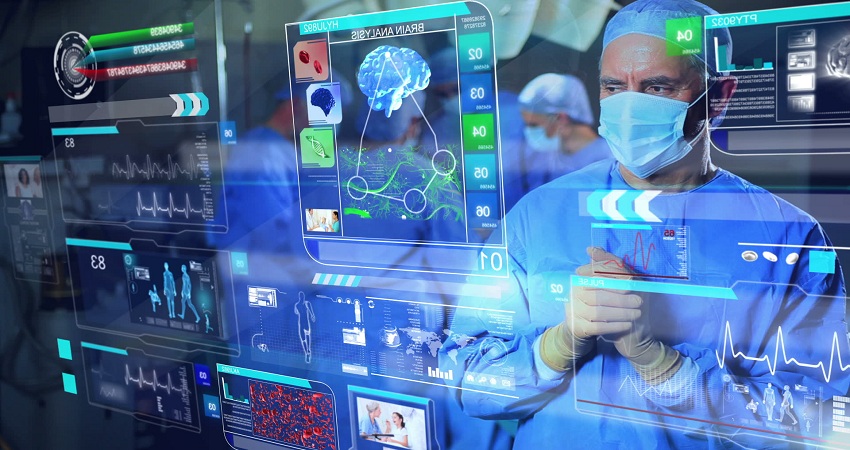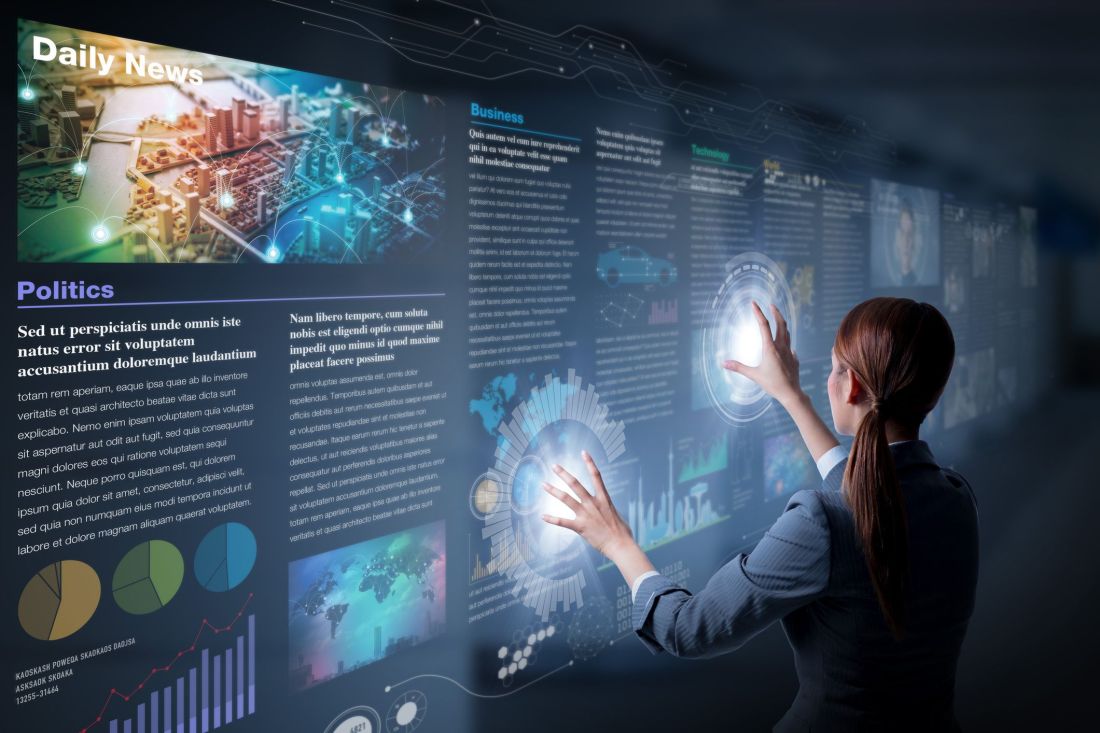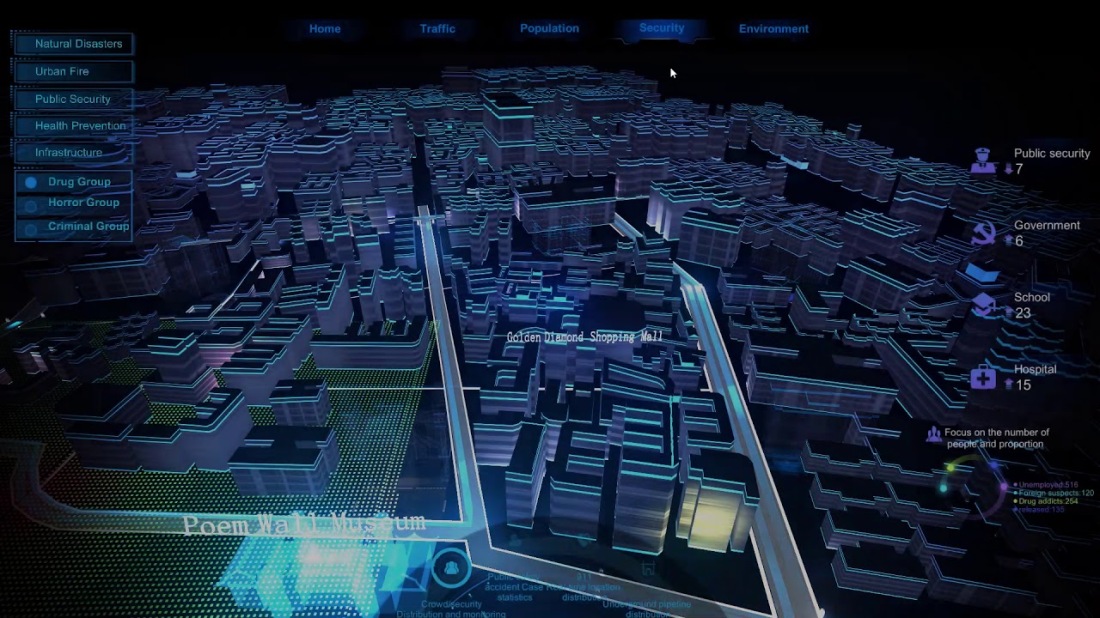Digital labor can be categorise for many things, but it’s role in all these categories is only one purpose which whether “paid or non-paid” or “human or non-human” entities working in the digital environment.
“Digital labor” defines as Advanced in computerised work that coined by robotic process automation (RPA) systems and is facilitated by technologies like social media, cloud computing, big data, algorithm, machine learning, mobility, data analytics and artificial intelligence.

The rice of computerized work or digital labor can be ascribed to the move of mankind’s history from the Industrial Revolution to the Information Age, as generation based enterprises declined with the ascent of another advanced and data based economy.
Marx’s theory of Marxist labour theory expresses that private enterprise makes a class battle between the minority and the common labourers dominant part. In spite of the fact that this hypothesis applies to the creation economy of the time, it can be utilised to portray work inside the computerised economy as advanced work replaces production line work. example the predictions of the transformation of hospitals in the digital world
Digital labors is not necessarily means they are amateur and unpaid, it also could be mean they are professional and highly-paid working using the digital platform.
as per sayings “The future belongs to those who believe in the beauty of their dreams”, the start of Digital labour would be one of it.Digital Labor wont be a bad idea in future, as many transformations are taking place, the world should be a better place for all.






